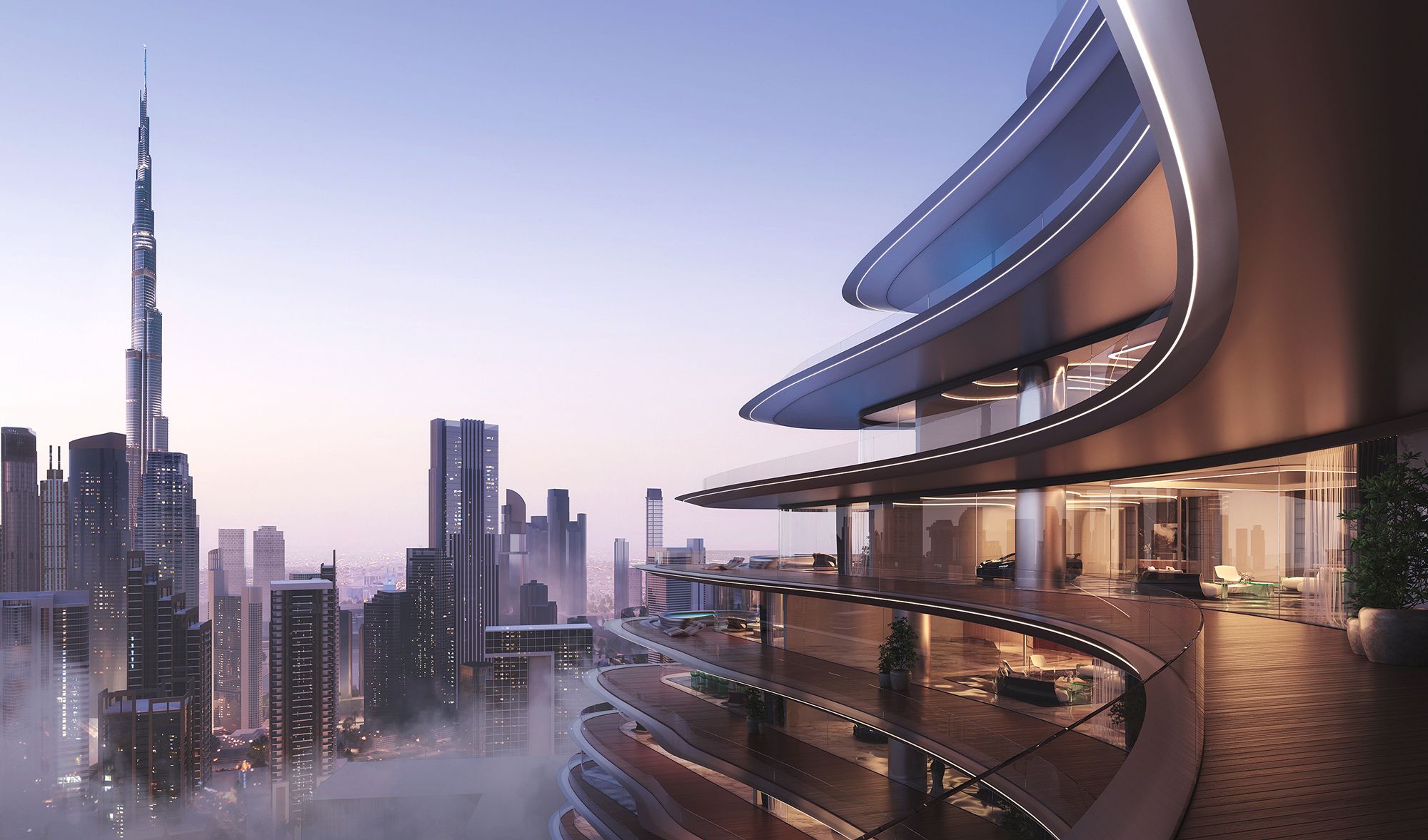Dubai’s skyline is more than just a postcard image. It is a symbol of economic growth, global opportunity, and long-term investment potential. For entrepreneurs, business owners, and remote professionals holding a Free Zone visa, the question naturally arises:
Can I buy real estate in Dubai with a Free Zone visa?
The answer is yes. If you hold a Free Zone visa, you are legally allowed to purchase property in designated areas of Dubai. However, there are important steps, structures, and rules you need to understand before you make your investment.
In this guide, we will explain:
- What a Free Zone visa allows you to do in Dubai
- The legal framework for foreigners buying property
- The complete step-by-step property buying process
- Off-plan versus ready properties
- Financing and mortgage options
- Personal versus company ownership structures
- Golden Visa eligibility through real estate
- Taxes, fees, and ongoing costs
- Common mistakes to avoid
Whether you are looking to buy your first home, a second property, or a long-term investment in Dubai, this is the guide you need.
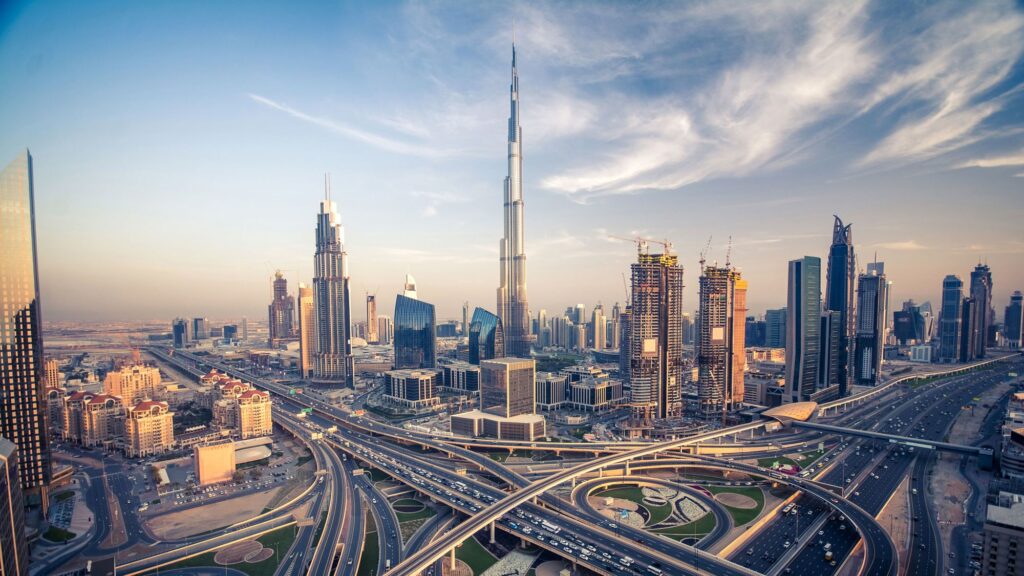
What Is a Free Zone Visa and What Does It Allow?
A Free Zone visa is a type of UAE residence visa issued through one of Dubai’s many Free Zone authorities. These are special economic areas that allow 100 percent foreign ownership of businesses, fast setup processes, and relaxed tax regulations.
As a Free Zone visa holder, you can:
- Reside legally in the UAE
- Rent or purchase property in Dubai
- Sponsor dependents and family members
- Open bank accounts and utility services
- Lease cars or access credit in the UAE
However, you cannot work directly for a mainland company without special approval or a work permit from the Ministry of Human Resources and Emiratisation.
The key point here is that holding a Free Zone visa gives you the legal standing to purchase property in Dubai’s freehold areas.
Can Foreigners Buy Property in Dubai?
Yes. Since 2002, the Dubai government has allowed expatriates and non-UAE nationals to purchase, own, sell, and rent out property in designated freehold zones.
This means that as a foreigner or Free Zone resident, you can own real estate in your name with full legal title.
Some of the most popular freehold areas include:
- Dubai Marina
- Downtown Dubai
- Business Bay
- Palm Jumeirah
- Dubai Hills Estate
- Jumeirah Village Circle (JVC)
- DAMAC Hills
- Arjan
- Jumeirah Lake Towers (JLT)
- Emaar South
- Meydan
- Arabian Ranches
Always verify whether the property you are considering is located within a freehold zone. Properties outside these areas may have restrictions for foreign ownership.
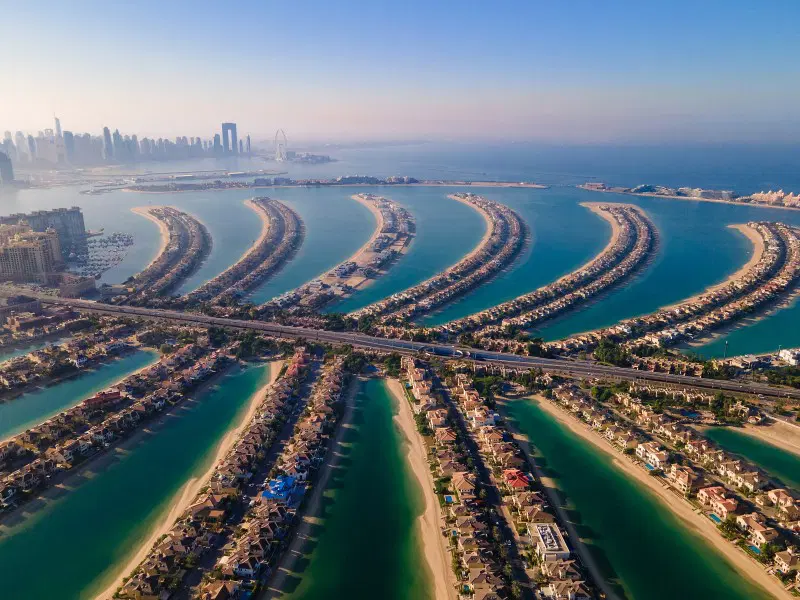
Step-by-Step Guide to Buying Property in Dubai with a Free Zone Visa
Here is a simplified breakdown of the property purchase process in Dubai for Free Zone visa holders.
Step 1 Decide on Your Objective
Are you buying this property for personal use or as an investment?
- For personal use: You may want to prioritize residential communities, schools, and family-friendly amenities.
- For investment: Consider high-rental-yield areas, short-term rental potential, and upcoming infrastructure.
Being clear on your intent will help you make smarter financial and lifestyle decisions.
Step 2 Set a Realistic Budget
The real estate market in Dubai offers options for all budgets:
- Studios start around AED 400,000 in areas like JVC or Arjan
- One-bedroom apartments range from AED 600,000 to AED 1.2 million depending on location
- Villas can cost anywhere from AED 1.5 million to over AED 30 million in premium zones
Remember to account for additional costs including:
- Dubai Land Department registration fees
- Brokerage and legal fees
- Maintenance and service charges
More on those costs below.
Step 3 Choose Between Off-Plan and Ready Properties
Off-plan means buying a property that is still under construction. You pay in installments over a period of one to three years.
Ready properties are completed and can be used or rented out immediately.
Off-plan pros:
- Lower entry prices
- Attractive payment plans
- Often located in new, upcoming communities
Off-plan cons:
- Delays in handover
- Limited visibility on quality
- No rental income until completion
Ready pros:
- Immediate handover
- Can move in or start renting right away
- Property condition is visible
Ready cons:
- Higher upfront costs
- No flexible payment plans
Free Zone visa holders can purchase either option, depending on their preference and financial planning.
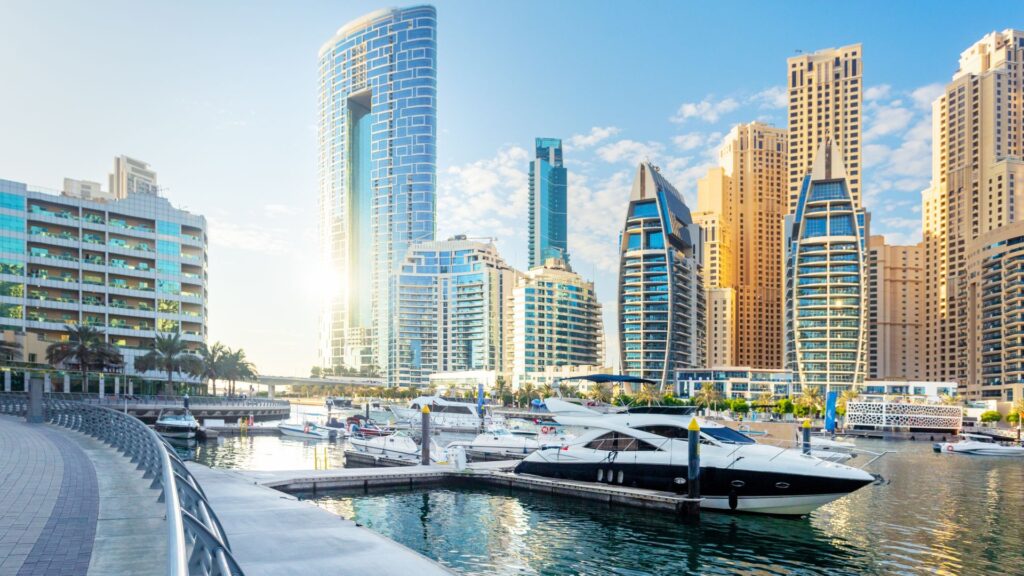
Step 4 Work with a RERA-Certified Real Estate Agent
Dubai’s real estate market is well-regulated by the Real Estate Regulatory Agency (RERA), but you should still choose your agent carefully.
Ensure your agent:
- Is RERA certified
- Has experience working with foreign buyers
- Understands Free Zone visa status and its implications
Your agent will assist you with viewings, negotiations, and navigating paperwork.
Step 5 Reserve the Property
Once you have chosen a property, you typically sign a Reservation Agreement and pay a booking deposit (usually 5 to 10 percent of the purchase price).
This holds the property for you while paperwork and due diligence are completed.
Step 6 Sign the Sale and Purchase Agreement (SPA)
The SPA outlines the terms of the sale including:
- Total purchase price
- Payment schedule
- Developer or seller obligations
- Penalties for delays or cancellations
This is a legally binding document and should be reviewed carefully.
Step 7 Pay Fees and Transfer Ownership
At this stage, you will need to:
- Pay the Dubai Land Department (DLD) registration fee (4 percent of the purchase price)
- Pay a registration trustee fee (approximately AED 4,000)
- Pay agency and legal fees
- Complete payment to the seller
Ownership is officially transferred at the Registration Trustee’s office or at the DLD. You will receive a Title Deed in your name.
Can I Get a Mortgage with a Free Zone Visa?
Yes, it is possible for Free Zone visa holders to obtain mortgages from UAE banks, although the options may be slightly more limited compared to UAE nationals or long-term residents.
Mortgage eligibility requirements usually include:
- Minimum income (often AED 15,000 to AED 25,000 per month)
- Stable income history (preferably with a Free Zone company you own)
- Valid Free Zone residence visa and Emirates ID
- Minimum age: 21 years
- Proof of business ownership or salary slips
You can typically borrow up to 80 percent of the property value for UAE residents.
Tip: Consider working with a mortgage broker who has experience with Free Zone companies and expat buyers. They can help you compare banks and get pre-approval.

Should You Buy Under Your Personal Name or a Company?
You have three main ownership options:
1. Personal Name
This is the most common route. As an individual, you hold the title deed, and property taxes and utility bills are in your name.
Pros:
- Simpler process
- Easier financing options
- Lower setup cost
Cons:
- May not provide tax benefits in your home country
2. Free Zone Company Ownership
Some Free Zones allow you to buy real estate under your company’s name, especially if your company is registered with Dubai Multi Commodities Centre (DMCC), Dubai South, or DIFC.
Pros:
- May provide asset protection
- Professional image if property is used commercially
Cons:
- Extra documentation required
- Not all Free Zones allow property ownership
- Some developers do not sell directly to companies
3. Special Purpose Vehicle (SPV) in DIFC or ADGM
Setting up an SPV can offer privacy, asset protection, and tax planning benefits, especially for high-value property investors.
Pros:
- Flexible ownership structure
- Allows foreign investors to hold property through a UAE-based legal entity
Cons:
- Setup and ongoing costs
- Legal advice required
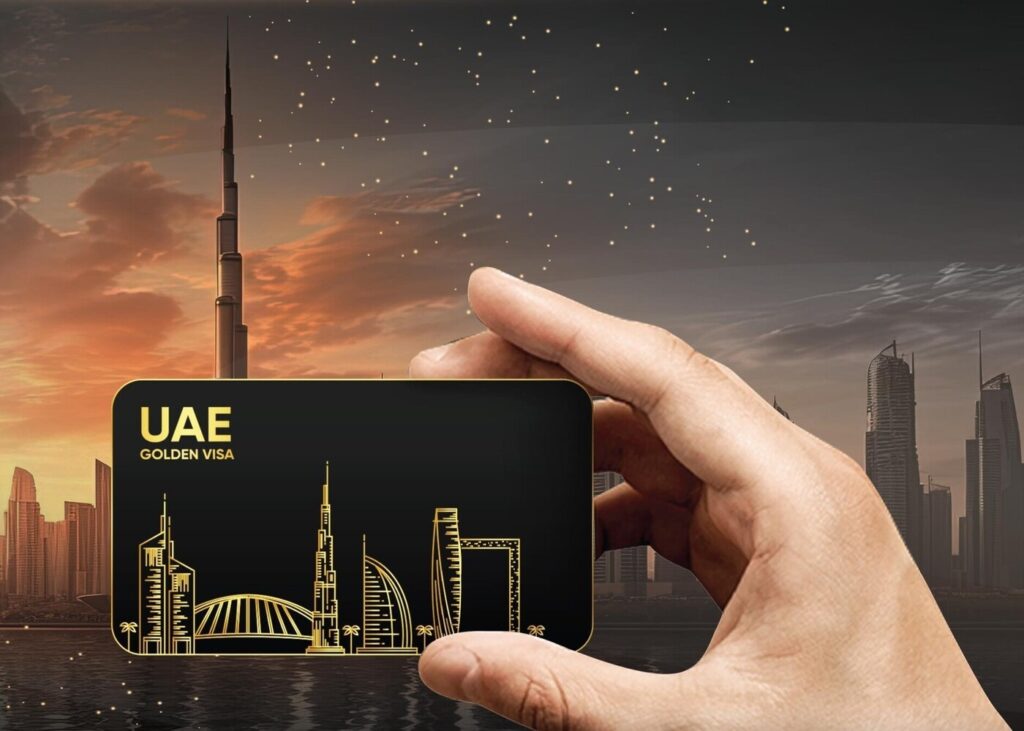
Can I Get a Golden Visa by Buying Property?
Yes, the UAE government offers a 10-year Golden Visa for investors who purchase property worth AED 2 million or more.
As of 2025, here’s how it works:
- Property can be off-plan or ready
- Property must be owned, not mortgaged beyond a certain amount
- You must make a minimum down payment of 20 percent
- Visa includes spouse, children, and domestic staff
- Renewable every 10 years as long as you retain ownership
This is an excellent route for Free Zone business owners who want to secure long-term residency for themselves and their families.
Taxes, Fees, and Costs You Should Know
Here is a list of the typical costs involved in buying property in Dubai:
- Dubai Land Department Fee: 4 percent of property value
- Registration Trustee Fee: AED 4,000 to AED 5,000
- Brokerage Fee: 2 percent of property value
- NOC Fee (from developer, if applicable): AED 500 to AED 5,000
- Service Charges: AED 10 to AED 25 per square foot per year
- Mortgage Registration Fee (if applicable): 0.25 percent of loan value
Annual property taxes: There is no property tax in Dubai. However, you will pay service charges to the building or community management.
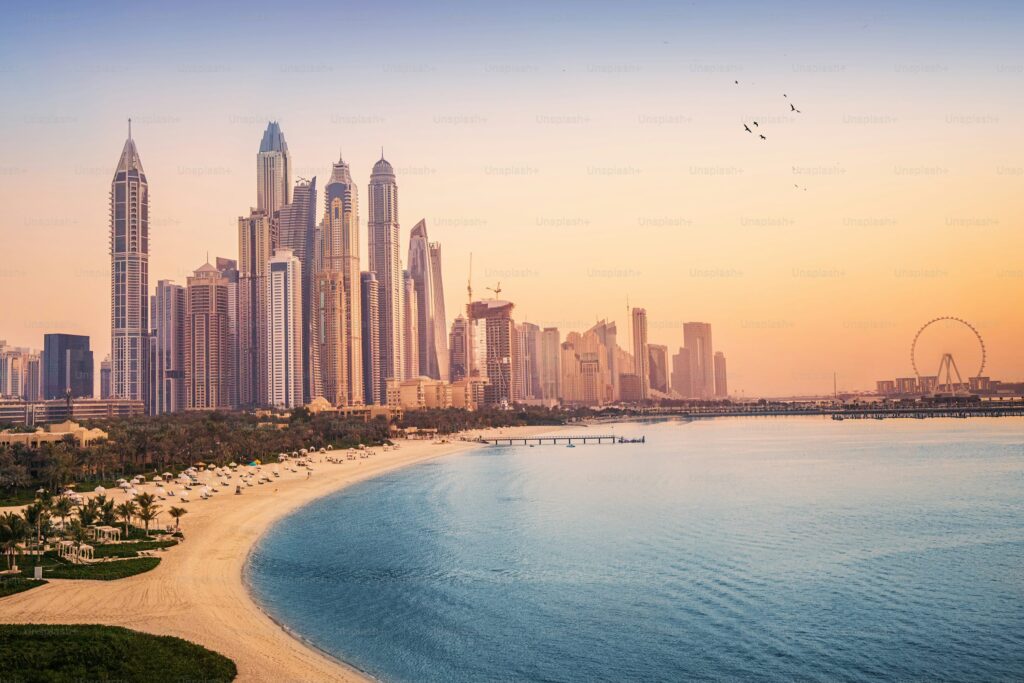
Common Mistakes to Avoid
- Assuming all areas are freehold
Always confirm the status of the location before making any payment. - Not budgeting for closing costs
Fees can add 6 to 8 percent on top of the property price. - Buying off-plan without researching the developer
Only deal with RERA-approved developers with a strong track record. - Signing contracts you don’t fully understand
Always consult a property lawyer before signing your SPA. - Relying solely on verbal promises
Ensure everything discussed is documented in writing.
Final Thoughts
Buying property in Dubai while holding a Free Zone visa is not only possible, it is a highly rewarding strategy for expats, entrepreneurs, and investors who want to establish a solid base in one of the world’s most dynamic cities.
With the right knowledge, guidance, and planning, you can invest in high-quality real estate, enjoy exceptional rental yields, and potentially secure long-term residency through the Golden Visa program.
As always, work with trusted agents, legal advisors, and mortgage consultants to ensure a smooth, transparent, and profitable property purchase.
Need help with your Free Zone business setup or property investment strategy?
The experts at GenZone are here to assist.
Book a free consultation today and let’s make your move to Dubai smarter and safer.

